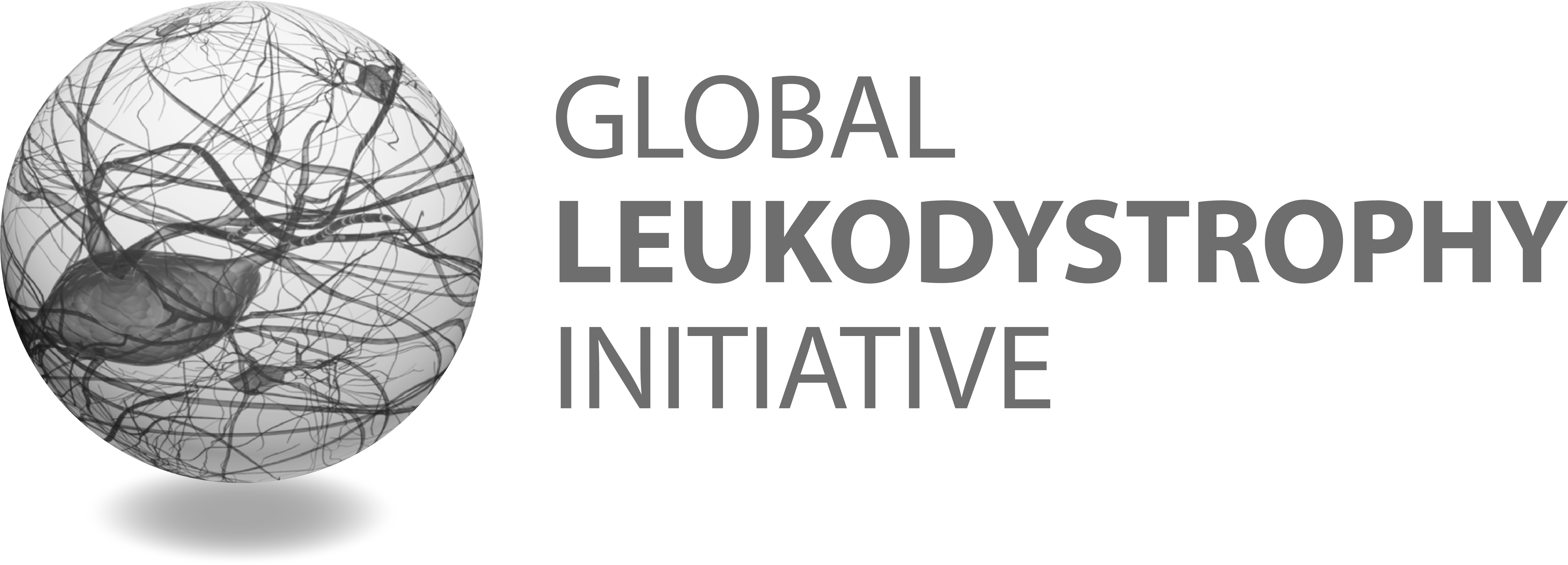Diseases Studied
The Rare Diseases Clinical Research Network is an NIH-funded research network of 20 active consortia or research groups working to advance treatment for diseases that are rare. Use the search tools on this page to find the diseases we currently study. You can reach out to the indicated consortia or research groups for more information on those diseases and studies underway.
This network focuses on clinical research and does not generally support clinical care outside of research activities. To learn about other rare diseases, please visit the Genetic and Rare Diseases Information Center (GARD), which is an NIH program that helps the public find reliable information about rare and genetic diseases. Their staff are specialists. Contact them at 1-888-205-2311 or email GARDinfo@nih.gov.
All Diseases > Aicardi-Goutières Syndrome
Aicardi-Goutières Syndrome
Disease Category: Leukodystrophies
A rare, inherited disease primarily affecting the brain, skin, and immune system. Symptoms usually manifest within the first year of life, including leukodystrophy, or the destruction of myelin (the fatty coating surrounding nerve fibers) in the brain, abnormal calcium deposits in the brain, white blood cells in the cerebrospinal fluid, seizures, fevers, failure to thrive (growth and feeding problems), developmental regression (loss of acquired skills), hypotonia (low muscle tone), spasticity (muscle rigidity), and chilblains (painful, itchy skin lesions).
Research groups studying this disease
Leukodystrophies

Global Leukodystrophy Initiative Clinical Trials Network (GLIA-CTN)
Recruiting
8501: Myelin Disorders Biorepository Project (MDBP)
The purpose of this study is to: (a) define novel homogeneous groups of patients with leukodystrophies and work toward finding the cause of these disorders; (b) assess the validity and utility of next-generation sequencing in the diagnosis of leukodystrophies; (c) establish disease mechanisms in selected known leukodystrophies; (d) track current care and natural history of these patients to define the longitudinal course and determinants of outcomes in these disorders; and (e) contacting subjects with specific diagnoses (or lack thereof) with information about other research studies or clinical programs that may be beneficial.
8502: GLIA-CTN EHR Data Extraction Project
This study seeks to query the Electronic Health Record (EHR) at participating institutions in an automated fashion in order to development a large-scale library of clinically pertinent natural history data for individuals with a confirmed diagnosis of leukodystrophy. Automated data extraction techniques will be supplemented by traditional/manual chart abstraction approaches to ensure data integrity. Data collection and analysis methodologies will undergo face validation, inter-rater reliability, reproducibility, longitudinal stability, internal validation and construct validity under the careful oversight of the GLIA-CTN Data Integration Core (DIC) based at the Children's Hospital of Philadelphia.
Leukodystrophy Newborn Screening Action Network
Champions the cause of newborn screening for leukodystrophies and lysosomal storage disorders.
Global DARE Foundation
Promotes worldwide awareness and better quality of life for all who are diagnosed with adult Refsum disease.
Leukodystrophy Australia
Aims to support individuals and families affected by leukodystrophy, raise awareness, and encourage leukodystrophy-related research.
Mission Massimo Foundation
Promotes the prevention, diagnosis, and treatment of childhood leukodystrophies.
Aicardi-Goutières Syndrome Advocacy Association
Aims to eradicate Aicardi-Goutiéres syndrome and improve the lives of impacted families through medical advancement, direct support, and advocacy.
Fundación Lautaro te Necesita
Su misión es mejorar la calidad de vida de las personas afectadas por leucodistrofias impulsando la investigación y la educación para lograr diagnósticos tempranos que posibiliten el acceso a tratamientos adecuados.
Hunter's Hope Foundation
Supports and encourages those affected by Krabbe disease and related leukodystrophies.
European Leukodystrophy Association
Provides assistance and support to families affected by leukodystrophy, funds research projects, raises public awareness, and collaborates with international organizations to pool resources to develop research.
Alex, The Leukodystrophy Charity
Offers support and information for all those affected by a genetic leukodystrophy.
Leukodystrophy Family Forum
Find answers to frequently asked questions and common issues shared by the leukodystrophy community. Access disease and research information and links to support resources.
Leukodystrophy Resource & Research Organisation
This group seeks to maximise health care resources, advance the world’s leading research and to provide premium support for all Australasian leukodystrophy families with the outcome being a cure.
United Leukodystrophy Foundation (ULF)
ULF is a non-profit, voluntary health organization dedicated to funding cutting-edge research and to providing patients and their families with disease information and medical referrals.
